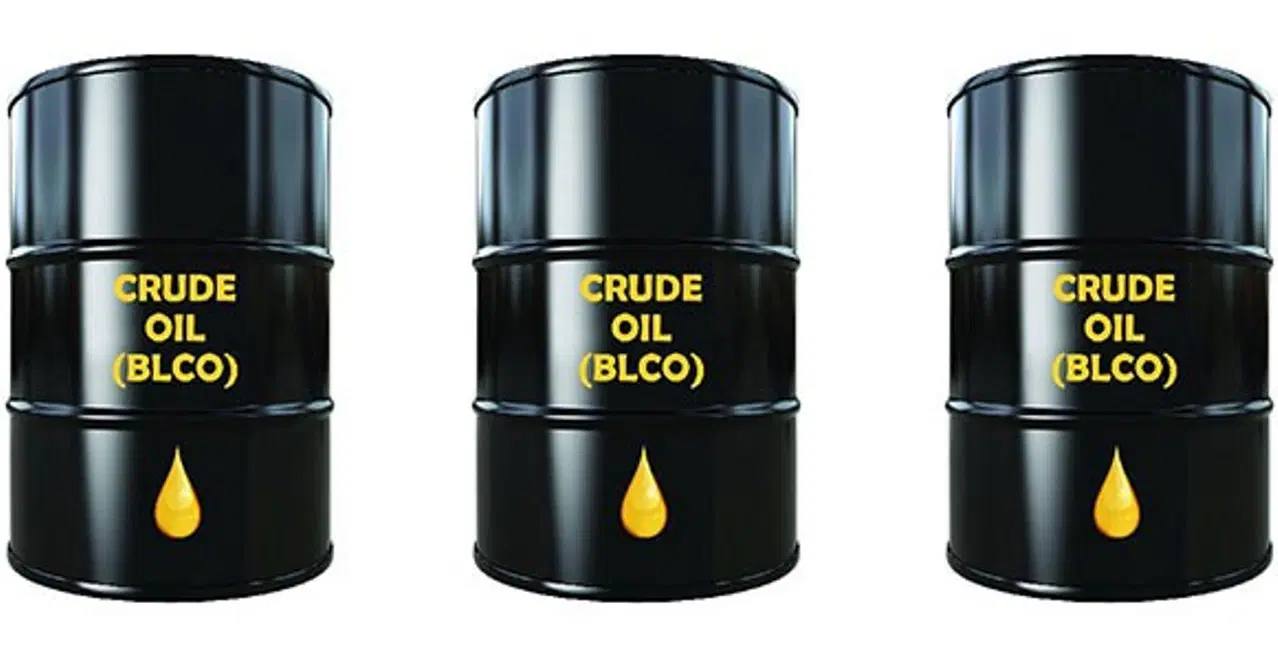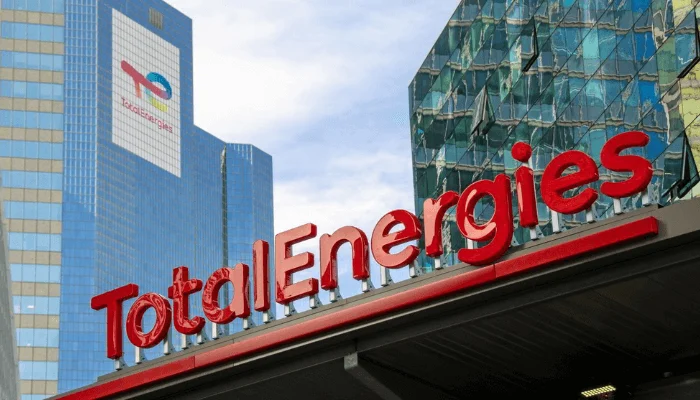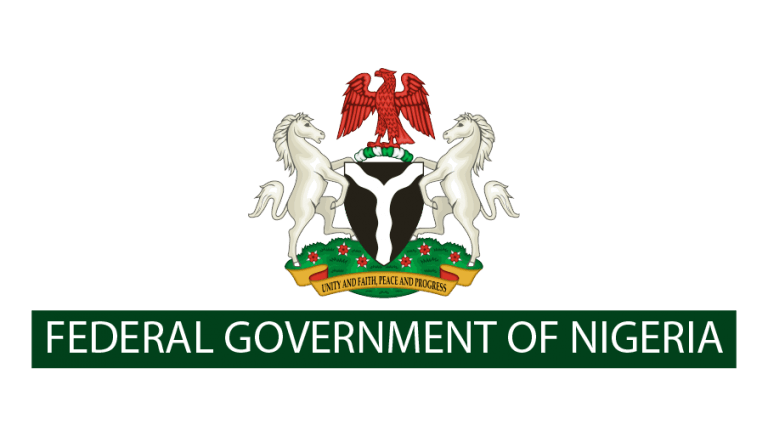Nigeria’s flagship crude oil, Bonny Light, rose to $67 per barrel in early trading, driven by geopolitical tensions following Israeli strikes on Hamas targets in Qatar. This development heightened concerns about energy security in a region that plays a crucial role in global supply flows. Brent crude also increased, reaching around $66.6 to $66.7 per barrel, approximately $1 above pre-attack levels. However, both benchmarks remain significantly below Nigeria’s 2025 budget assumption of $75 per barrel, which is based on production of 2.06 million barrels per day and an exchange rate of ₦1,500/USD.
Global Dynamics:
The escalation in the Middle East introduced volatility into commodity markets, causing both crude oil and gold prices to spike briefly before stabilizing as traders reassessed the fundamentals. Qatar’s position as the world’s top LNG exporter has made buyers cautious, though early indications suggest that its export capacity remains unaffected. Still, speculative trading has temporarily buoyed prices. On the supply side, OPEC confirmed plans to add 137,000 barrels per day starting in October 2025, but it emphasized the flexibility to pause or reverse this decision based on market conditions. This could limit price increases and potentially lead to a decline.
Implications for Nigeria:
The short-term rise in Bonny Light prices provides a revenue cushion for Abuja amidst increasing fiscal pressures and ongoing efforts to stabilize the naira. However, analysts warn that price gains driven by conflict are seldom sustainable. A potential decline below $60 per barrel, particularly if OPEC floods the market with supply, could strain Nigeria’s fiscal framework and complicate budget execution.
Investor Watch:
- Opportunities: Higher crude prices may temporarily boost oil revenues and improve foreign exchange inflows.
- Risks: Ongoing volatility or increased supply may undermine Nigeria’s revenue projections.
- Key Monitor: The progress of diplomatic efforts in the Middle East and OPEC’s strategy for managing supply.
Outlook:
While Nigeria could benefit in the short term, the market remains fragile. The country’s fiscal stability will depend on how swiftly geopolitical risks diminish and how OPEC adjusts production to align supply with demand.




